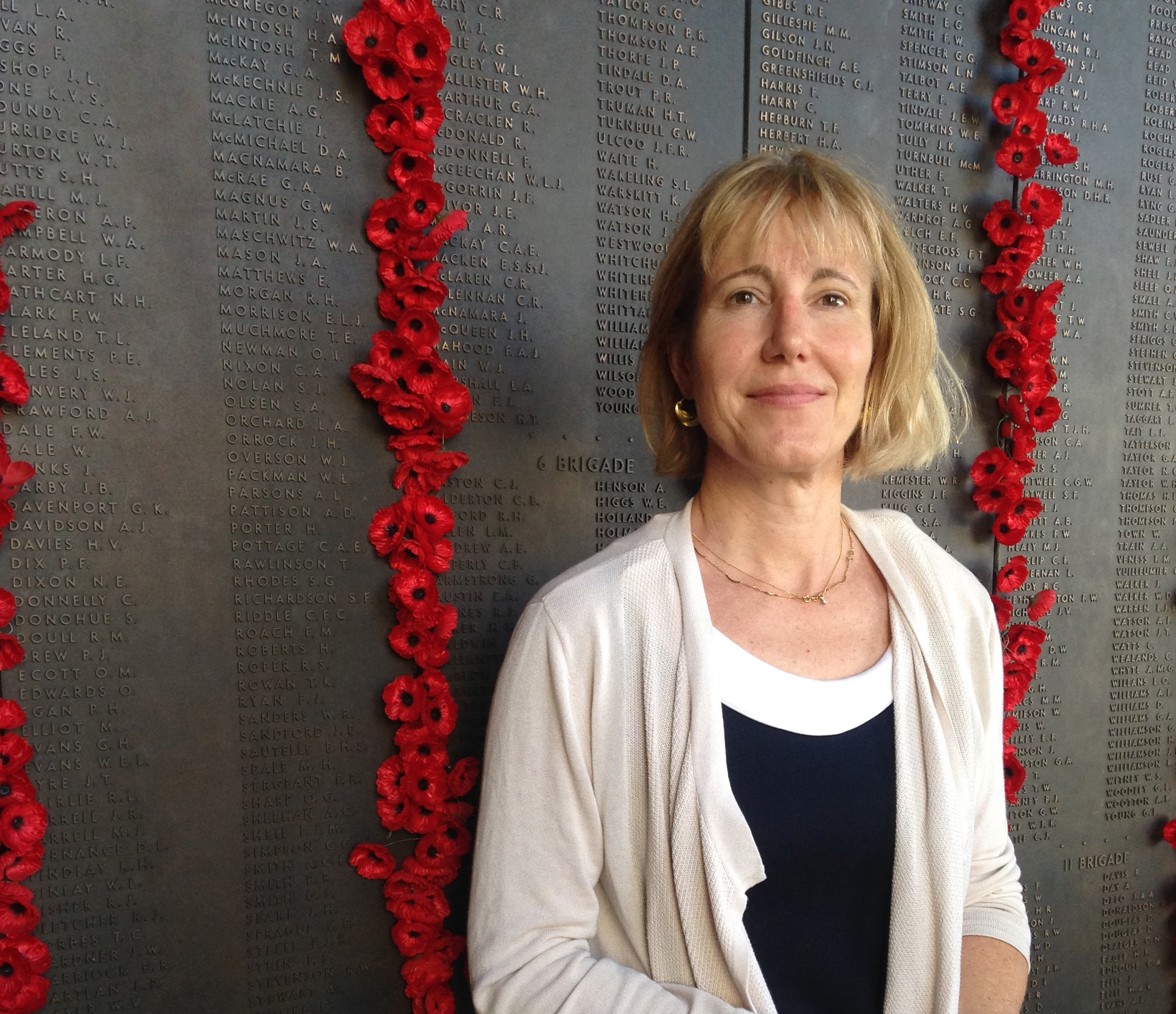Q: What does ‘no one way to lead’ mean to you?
A: "That there are ways beyond the current impasse represented by the rise of mendacious populist leadership since 2016. But those ways do not only depend on better leadership. They may also depend on changing structures and institutions."
Q: Can you tell us what you are working on at the moment?
A: "I’m working on two books. One is a novel, a love-story that unfolds between the Antarctic and Britain. The other is Southern Imagining, a big cultural and literary history of the far Southern hemisphere, the ultimate periphery of the world. Though often overlooked in history and side-lined in geography, here lie the lands, oceans, languages and cultures that may hold the secrets to addressing some of the biggest challenges of our time, not least, climate change. In my book I will tune into the poems, songs, chants and stories of these regions for their understandings of place, depth, horizon, centre, and hope. Janet Frame, the great New Zealand writer of southness once said: ‘The Southern Cross cuts through my heart instead of through the sky’. Southern Imagining—and the novel—will be about the Southern Cross cutting through my heart."
Q: If you could go back in time, what would you tell yourself about applying for the Rhodes Scholarship?
A: "I’d tell my younger self to try to relax, go for it, enjoy the experience if you can. Though you may come from far outside the elite hierarchies the Scholarship appears to reproduce – this was 1985! – you have a voice and a valid perspective and it will be interesting to others to hear about it, and to talk to them. Thank goodness there were members of the selection committee I faced at regional and national levels who agreed."
Q: What are you passionate about?
A: "Storytelling in all its forms—conversation, anecdotes, novels, poems, legends. Stories hold us, they are our shelter, they make sense of our lives. Visit a refugee centre, a new mothers’ hospital ward, a pub garden—this will be clear. The more I work with stories in communities, the more passionate about story-telling I get—stories as self-validation, stories as ways of linking with others, stories to connect with the past and imagine the future. I will die happy if we were to manage to persuade the UN to include the right to tell your story and to have it respected as one of their core Sustainable Development Goals—call it Goal 18. Stories for and from all."
Q: Has your career trajectory panned out as you planned?
A; "Not exactly, but then I was always very open to contingency. I hoped to publish my first novel before I turned thirty. I succeeded in that. My academic career came as something of an afterthought. As the first in my family to go to university, I never planned this particular trajectory. But it allowed me to do things that other jobs might not encourage and allow, or not in the same way – like write books and have great conversations."
Q: What impact has the Rhodes community had on you?
"The community not so much, or not consistently so, until I became a Rhodes Trustee. But individuals have had life-long impact. Some special people in my Rhodes year are still my dearest friends. I cannot imagine my life without the richness, laughter, insight, wisdom and joy I have experienced through knowing them."
Q: What’s been the best lesson you have ever learned?
A: "You don’t have to repeat your parents’ mistakes. You can work and reason and imagine your way beyond them."
Elleke Boehmer (South Africa-at-Large & St John's 1985) is Professor of World Literature in English at the University of Oxford, and Director of the Oxford Centre for Life-Writing (OCLW), based at Wolfson College. She is a founding figure in the field of colonial, postcolonial and decolonial studies, and internationally known for her research in anglophone literatures of empire and anti-empire. She is a novelist and short story writer, most recently of The Shouting in the Dark (2015 and 2019), and To the Volcano (2019). She currently holds a British Academy Senior Research Fellowship (2020) for the research project 'Southern Imagining'. She is a Fellow of the Royal Society of Literature, and a Fellow of the Royal Historical Society. Her cultural history Indian Arrivals (2015) won the ESSE Prize.


